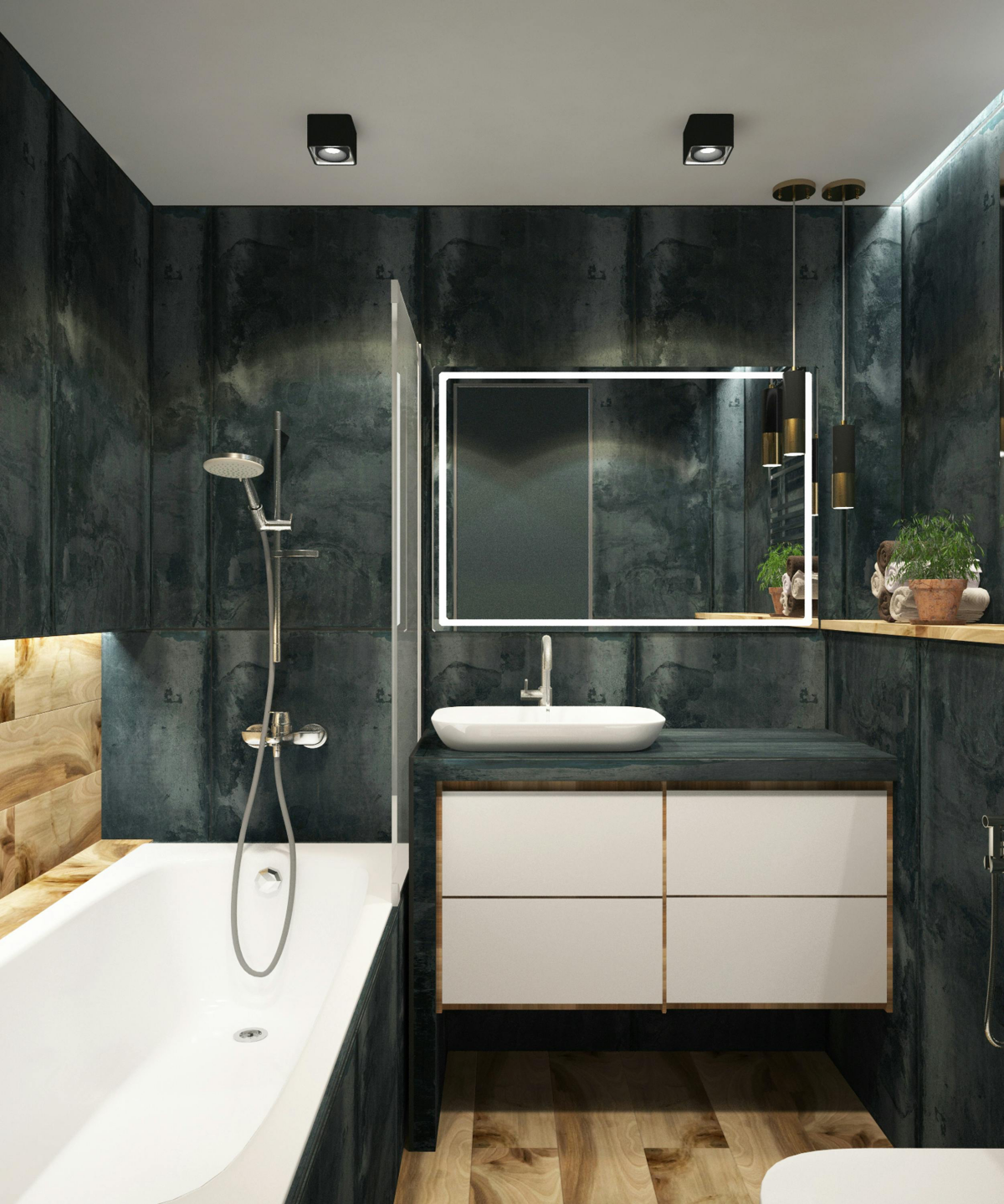Can You Paint Shower Tile? Here Is Everything You Need To Know
When considering a bathroom update without the full commitment of a remodel, one intriguing question comes to mind: Can you paint shower tile? This curiosity led me down a path to seek expert advice and personal considerations. The allure of transforming a bathroom with a simple coat of paint on outdated tiles is an enticing prospect for any homeowner looking to update their space. Painting bathroom tiles brings with it the promise of a significant aesthetic shift at a fraction of the cost and labor of a complete overhaul. So, I understand the appeal, and I’ve recently been thinking about it […]
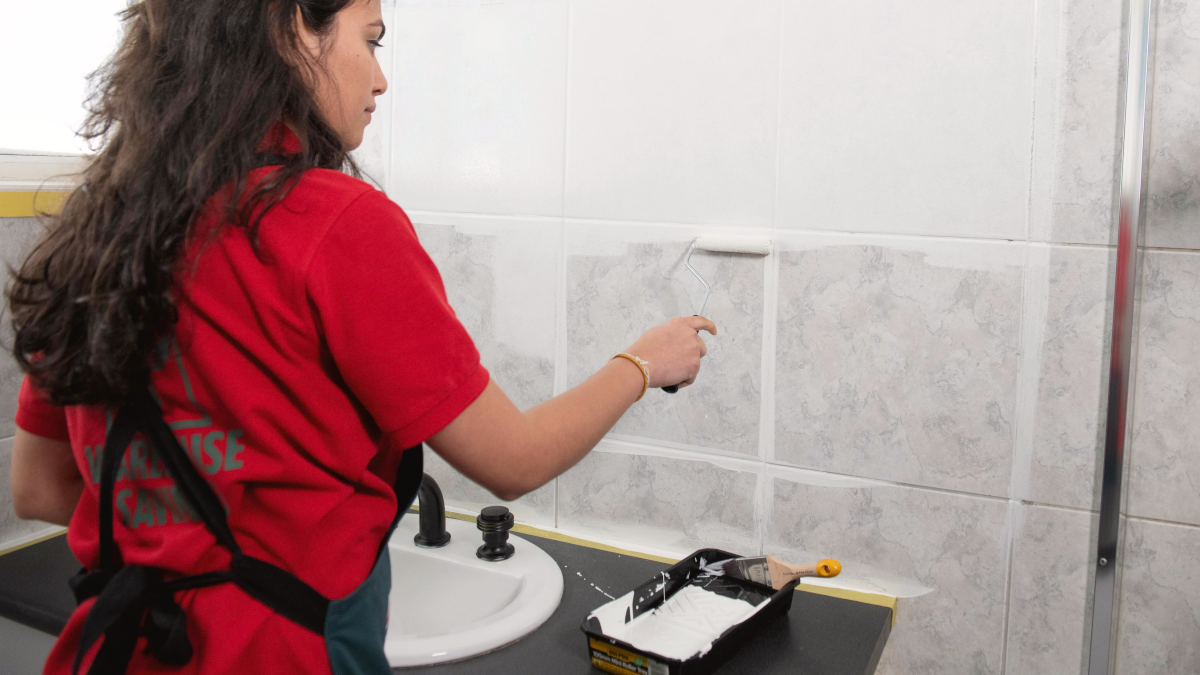
When considering a bathroom update without the full commitment of a remodel, one intriguing question comes to mind: Can you paint shower tile? This curiosity led me down a path to seek expert advice and personal considerations. The allure of transforming a bathroom with a simple coat of paint on outdated tiles is an enticing prospect for any homeowner looking to update their space. Painting bathroom tiles brings with it the promise of a significant aesthetic shift at a fraction of the cost and labor of a complete overhaul. So, I understand the appeal, and I’ve recently been thinking about it myself. But before you grab the paint brush, here are some things you need to know.
Embark on a quest to refresh your realm, one tile at a time

@Bunnings
Can You Paint Shower Tile?
Yes, you can! According to Andre Kazimierski (professional painter and founder of Improovy) for Homes and Gardens, painting bathroom tiles, including those in the shower and on the floor, is indeed feasible. The success of such a project, however, hinges on the right technique and materials. Specifically, a high-quality primer and paint suited for the high-moisture environment of a bathroom.
Dive in, the water’s fine for a tile makeover adventure
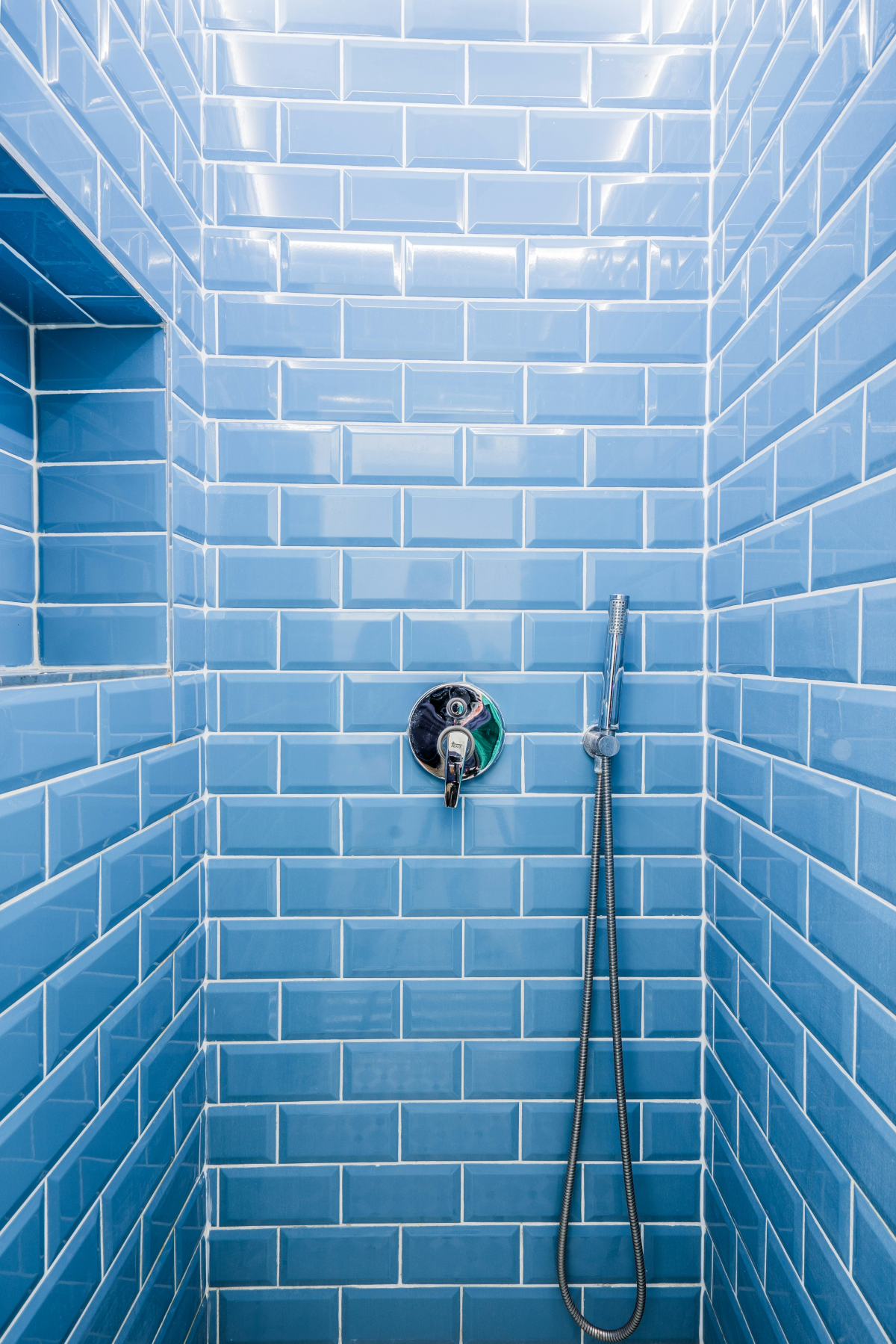
Why Should You Paint Shower Tile?
Painting shower tile is an appealing option for several reasons. It offers a cost-effective way to update and refresh your bathroom’s appearance without the expense and hassle of a full remodel. This approach allows for personalization, enabling you to choose colors and finishes that match your style or the latest design trends. Additionally, painting can cover up outdated or worn tiles, giving your shower a clean, modern look. It’s also a relatively quick project that can make a significant impact on your bathroom’s overall aesthetic. For those looking to improve their space with minimal disruption, painting shower tile provides a practical solution to enhance the bathroom’s appeal and potentially increase home value.
Unleash your inner decorator for a bathroom glow-up on a budget
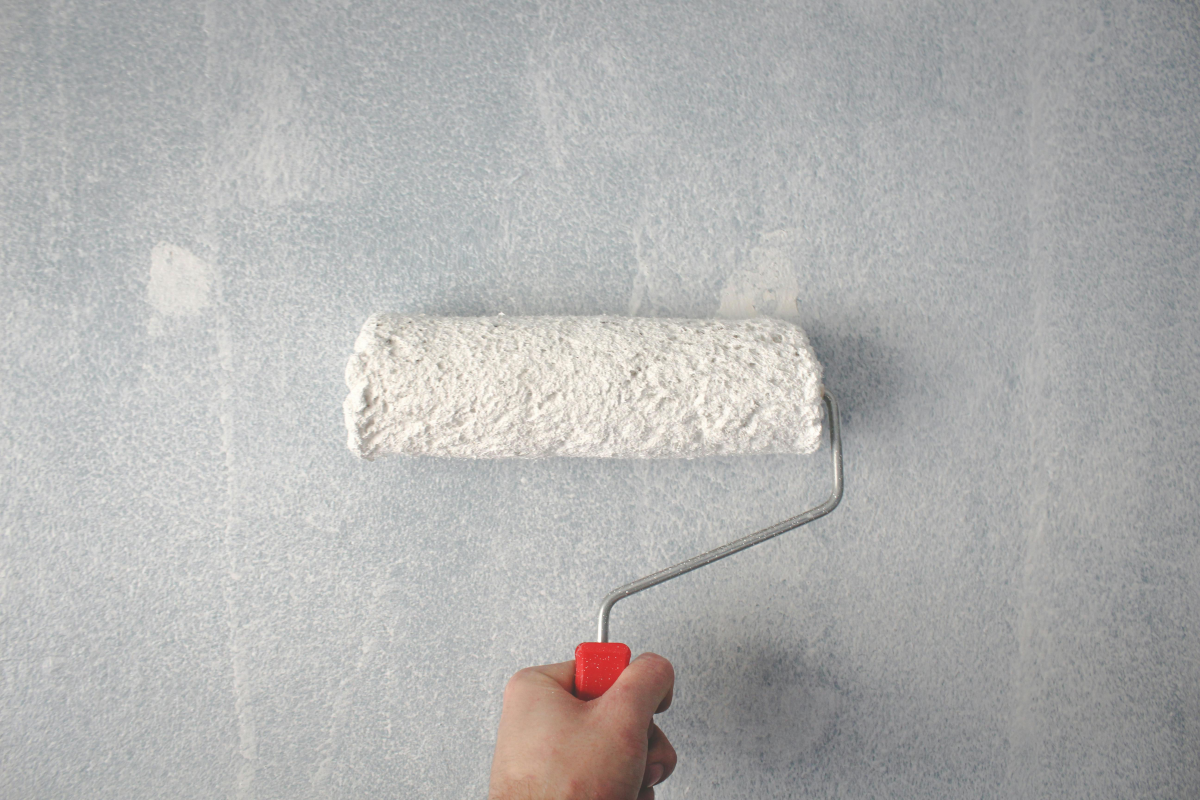
How To Paint Shower Tiles
Painting shower tiles can rejuvenate your bathroom, but success hinges on meticulous preparation and the right materials. Tony Adams, home improvement expert at DIY Geeks, offers a blueprint for DIY enthusiasts aiming for professional-quality results. Here’s how he tackles on painting shower tiles:
Gear up for a tile-painting quest with Tony Adams as your guide
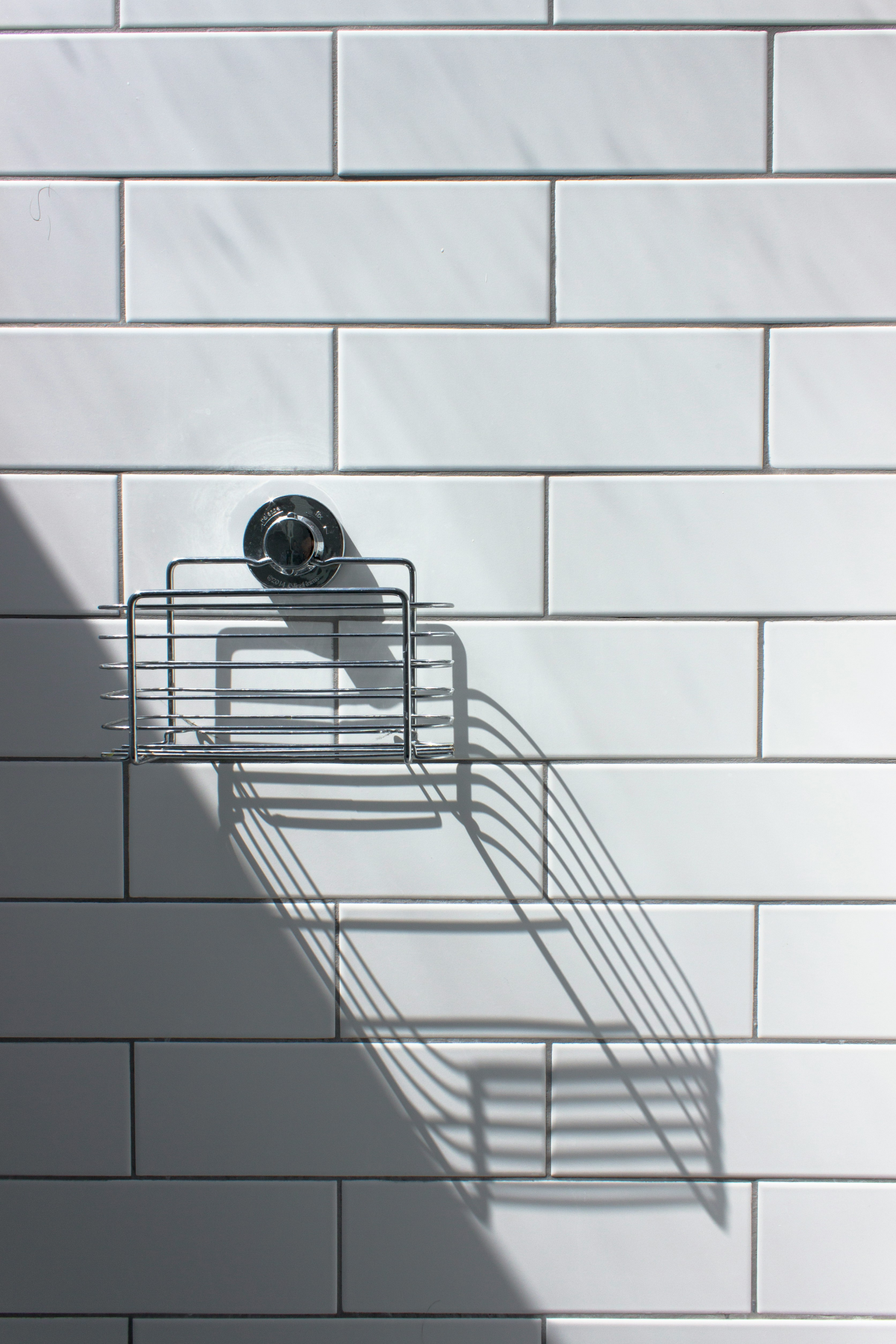
Choosing the Right Paint and Tools
Paint
Opt for a high-quality epoxy or latex paint designed for bathroom use. These paints are formulated to resist moisture and adhere to tile surfaces, preventing peeling and mold growth under humid conditions.
Tools
- Scrubbing brushes to thoroughly clean the tiles.
- Sandpaper (medium to fine grit) for creating a surface that primer can adhere to.
- Quality paintbrushes and rollers designed for smooth surfaces.
- A paint tray, masking tape for clean edges, and protective gear such as gloves and eyewear.
Unleash the power of color with the right armor against moisture
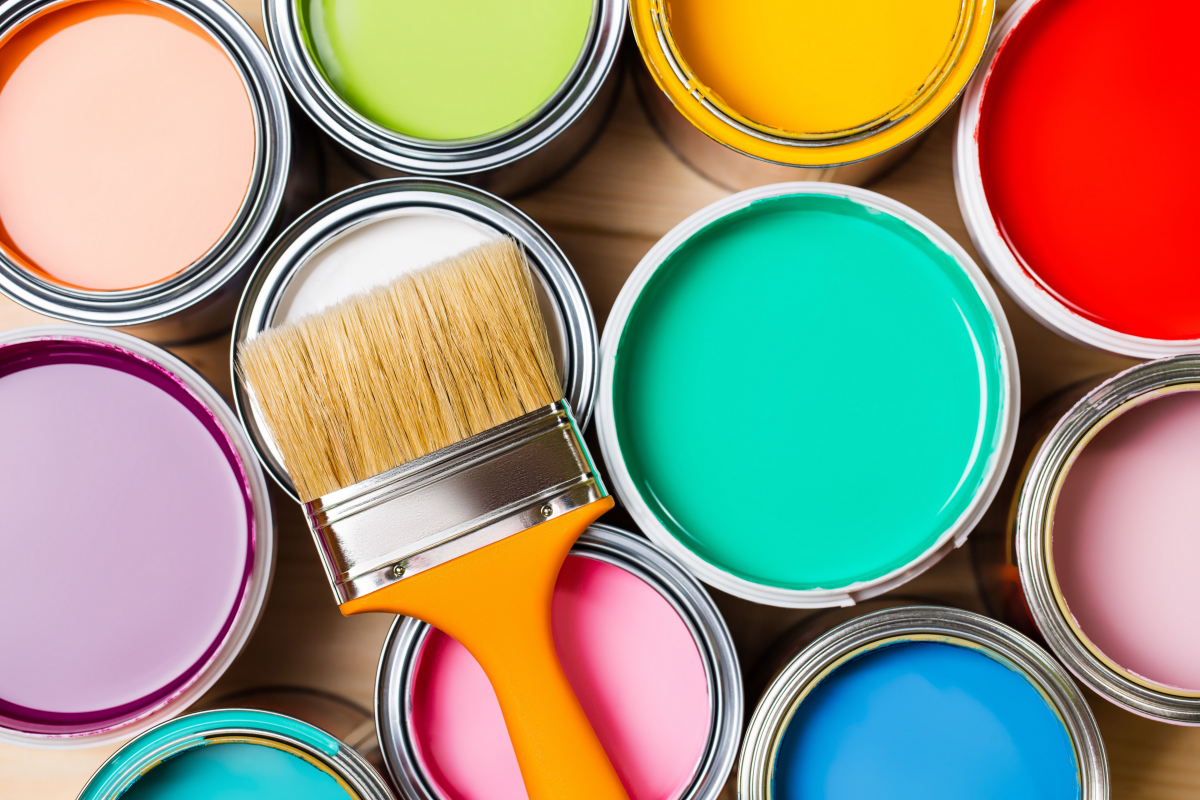
Method
Preparation
- Cleaning: Remove all dirt, soap scum, and mildew with a robust bathroom cleaner. For tougher grime, a mixture of baking soda and water can act as a gentle abrasive.
- Sanding: Once dry, sand the tile surface with medium to fine-grit sandpaper. This process not only helps in removing the glossy finish but also enhances the primer’s ability to bond with the tile.
- Wipe Down: After sanding, wipe the tiles with a damp cloth to remove dust and let them dry completely.
Primer
- Selection: A high-adhesion primer is critical for ensuring the paint sticks to the tile. Epoxy-based primers are ideal for their durability and moisture resistance.
- Application: Apply the primer evenly with a brush or roller, covering all areas you plan to paint. Attention to detail during this step lays the groundwork for a smooth paint application.
Paint
- Technique: Start at the top of the shower area and work your way down, maintaining a wet edge to avoid lap marks. Use a brush for edges and corners and a roller for larger surfaces. Apply in thin, even coats to avoid drips.
- Layers: Two coats are often necessary for full coverage and color depth. Allow the first coat to dry thoroughly, based on the manufacturer’s recommendations, before applying the second.
- Drying Time: Adequate drying time is crucial for durability. Though the surface might feel dry to the touch within hours, avoid exposing the newly painted tiles to moisture for at least 48 hours. Full cure time can be up to a week.
Let the paint rest, for haste may unravel your hard-won progress
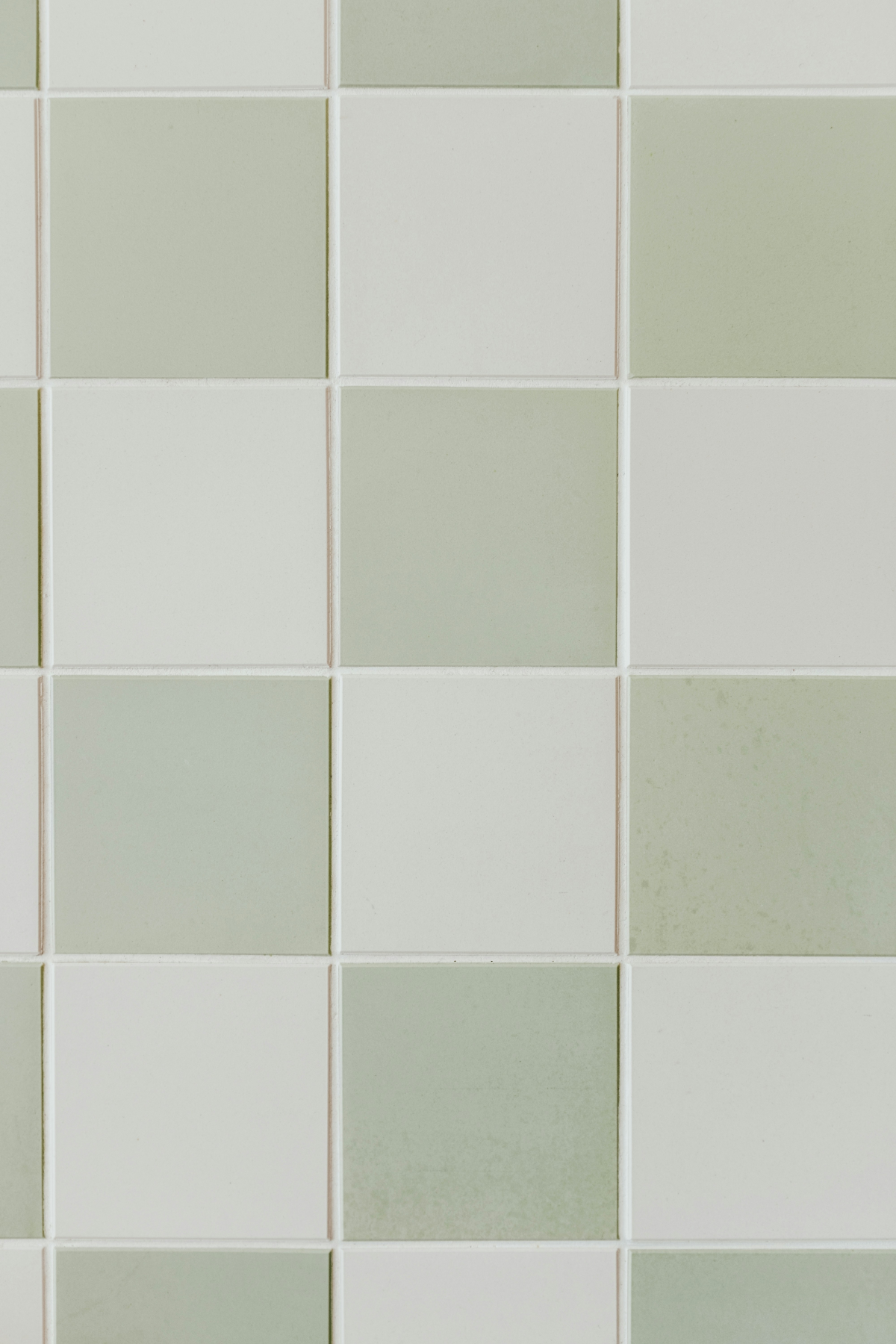
What Are The Benefits of Painting Shower Tile?
Opting to paint shower tiles can bring a fresh look to your bathroom with several compelling advantages. Here’s why it might be a great idea:
- Cost-Effectiveness: Painting your tiles can help you save money, as it is less costly than a full tile replacement.
- Aesthetic Transformation: Offers the ability to completely change the color and style of your bathroom tiles, allowing for a significant visual upgrade without the need for extensive renovations.
- Quick Update: A painted tile project can be completed relatively quickly, offering an immediate improvement to the bathroom’s appearance without the lengthy downtime associated with tile replacement.
- Customization: Enables you to personalize the bathroom’s look to match your specific style or to fit current design trends, giving you creative control over the final appearance.
- Minimal Disruption: Painting tiles is less invasive than tearing out and replacing old tiles, reducing the mess and inconvenience typically associated with bathroom renovations.
Transform your bathroom into a sanctuary of style and savings with a splash of paint

What Are The Downsides of Painting Shower Tile?
While painting shower tiles offers an appealing shortcut to a bathroom makeover, several potential drawbacks should be considered:
- Durability Concerns: Painted tiles might not withstand the test of time as well as untouched tiles, especially in high-moisture environments, leading to possible peeling or chipping.
- Maintenance Requirements: Painted surfaces may require more upkeep to maintain their appearance, including regular cleaning and the potential need for touch-ups.
- Preparation and Application Effort: Achieving a durable and attractive finish demands thorough preparation, including cleaning, sanding, and priming, which can be labor-intensive.
- Finish Limitations: Achieving the same quality and texture of original tile finishes can be challenging with paint, potentially resulting in a less premium feel.
- Impact on Resale Value: While painting tiles can refresh your bathroom’s look, it might not appeal to all potential buyers and could affect the resale value of your home.
Beware the lurking challenges—peeling, maintenance, and more
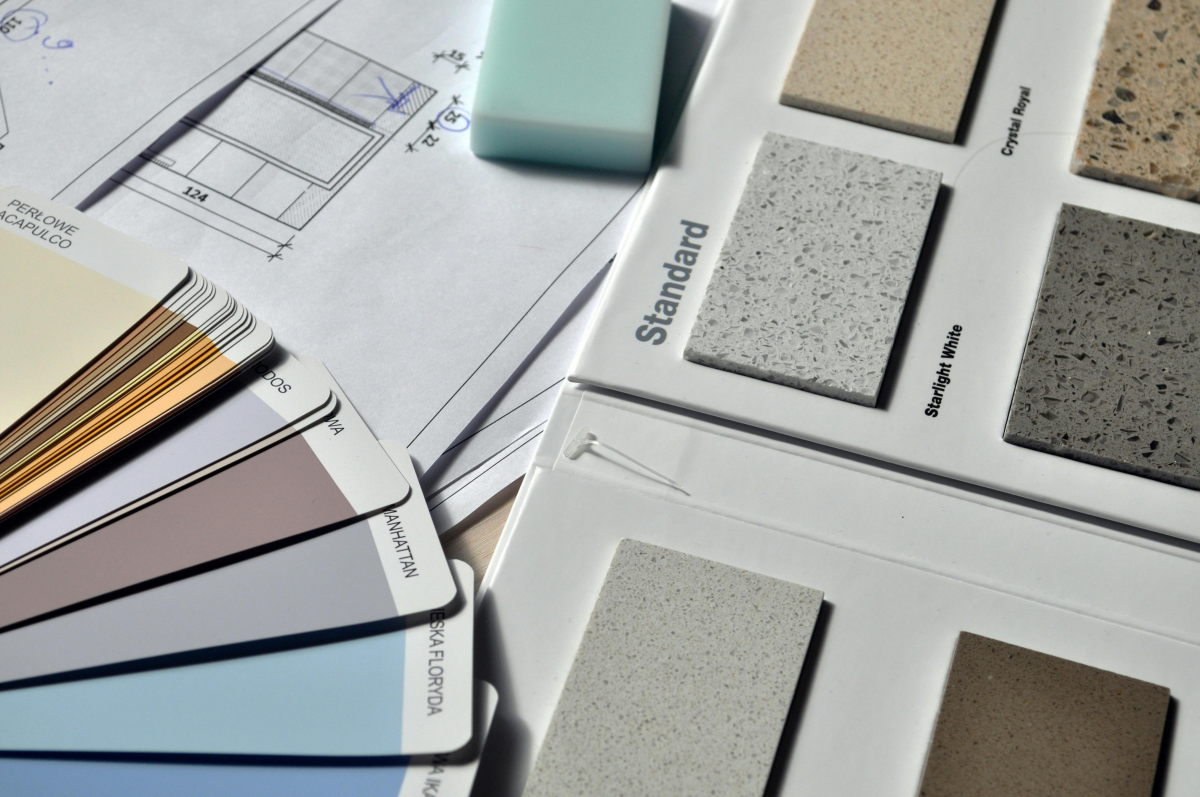
FAQs
How long does tile paint last?
Tile paint can last up to 10 years if properly applied and maintained. The longevity depends on the quality of the paint, the application process, and the level of moisture and wear the painted tiles are exposed to regularly.
Is there a paint you can use on shower tiles?
Yes, you can use epoxy or latex paint specifically designed for tiles and bathrooms. These types of paint offer durability and moisture resistance, making them suitable for shower tile applications.
Is there a waterproof paint for shower?
Epoxy-based paints are considered waterproof and are ideal for shower tiles. They create a hard, water-resistant finish that can withstand the constant exposure to water and humidity in a shower environment.
How long does shower tile paint take to dry?
Shower tile paint typically takes about 24-48 hours to dry to the touch. However, it’s recommended to wait at least a week before exposing the painted tiles to moisture to ensure the paint has fully cured and hardened for maximum durability.
Arm yourself with knowledge
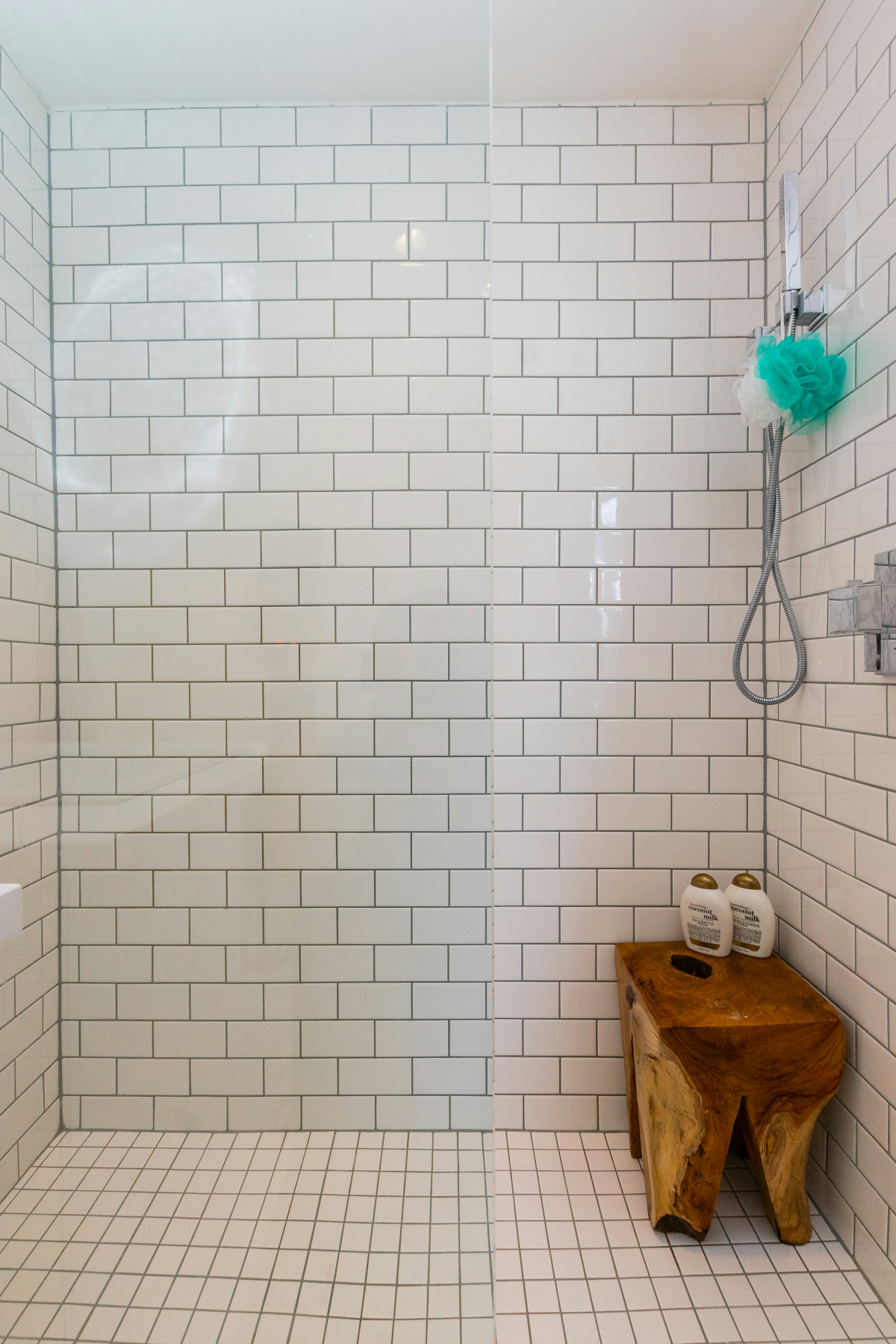
Armed with expert advice from Kazimierski and Adams, the journey to paint shower tiles feels less daunting and more like a promising venture. It’s a nuanced project, blending creativity with technicality, perfect for those of us looking to inject a bit of personality into our bathrooms. This exploration has not only answered my initial question but has also prepared me for the steps ahead, making the path to a refreshed bathroom clear and achievable. Hopefully, you too know everything you need to start this exciting DIY project!
Are you ready to paint your way to a refreshed and vibrant bathroom?
